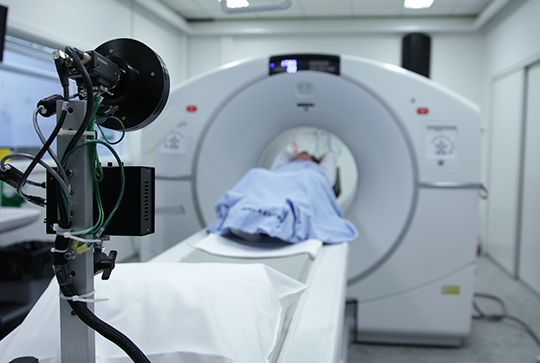Understanding the Costs of Medical Imaging: PET Scan and Echocardiogram
Tagged as: .
Medical imaging plays a vital role in diagnosing various health conditions, allowing doctors to examine the inside of the body without invasive procedures. Two commonly used imaging tests are the PET scan and the echocardiogram. However, one key factor patients need to consider before undergoing these tests is their cost. Understanding the cost of a PET scan and the echocardiogram cost can help patients make informed decisions about their healthcare and financial planning.

What is a PET Scan?
A Positron Emission Tomography (PET) scan is an advanced imaging test that uses a special dye with radioactive tracers to assess organ and tissue function. PET scans are commonly used to detect cancer, heart disease, and brain disorders. During the procedure, the radioactive tracers collect in areas of high chemical activity, which helps doctors identify abnormalities.
Factors Influencing the Cost of a PET Scan
The cost of a PET scan can vary significantly depending on several factors, including the location of the healthcare facility, the specific type of PET scan required, and whether or not insurance covers the procedure. On average, the cost of a PET scan in the United States ranges from $1,000 to $6,000. The price may increase if additional scans or tests are needed, or if the PET scan is part of a larger diagnostic procedure.
Patients without insurance may face higher out-of-pocket costs, but many hospitals offer financial assistance or payment plans. In some cases, Medicare or private insurance companies will cover all or part of the cost, depending on the reason for the PET scan and whether it is deemed medically necessary.
What is an Echocardiogram?
An echocardiogram is a type of ultrasound test that uses sound waves to create images of the heart. It is commonly used to assess the size, structure, and function of the heart and its valves. Doctors often recommend an echocardiogram to diagnose or monitor conditions such as heart failure, congenital heart defects, or valve disorders.
Factors Influencing the Echocardiogram Cost
Like the PET scan, the cost of an echocardiogram can vary based on several factors, including the type of echocardiogram performed, the location of the medical facility, and the patient’s insurance coverage. On average, the echocardiogram cost ranges from $1,000 to $3,000. A more specialized form of the test, such as a transesophageal echocardiogram (TEE), can increase the cost due to its complexity and the need for sedation or anesthesia.
Patients with insurance may have lower costs, but it’s important to check with the insurance provider to ensure the procedure is covered. Those without insurance may want to explore options for financial assistance or inquire about reduced rates at clinics or community health centers.
Reducing Imaging Costs
Patients can take several steps to reduce the costs of PET scans and echocardiograms. One option is to ask for price transparency from multiple healthcare providers. Comparing costs between hospitals, outpatient centers, and diagnostic clinics can lead to significant savings. Additionally, some medical facilities offer discounts for cash payments or flexible payment plans to make the cost more manageable.
Conclusion
Both PET scans and echocardiograms are essential tools in modern medical diagnosis, but their costs can be a burden for many patients. Being aware of the factors that influence these costs and exploring options to manage expenses can help ease the financial strain. To learn more about the cost of these imaging tests and explore affordable healthcare solutions, visit acaweb.com.
Source Url: - https://sites.google.com/view/acaweb762/home